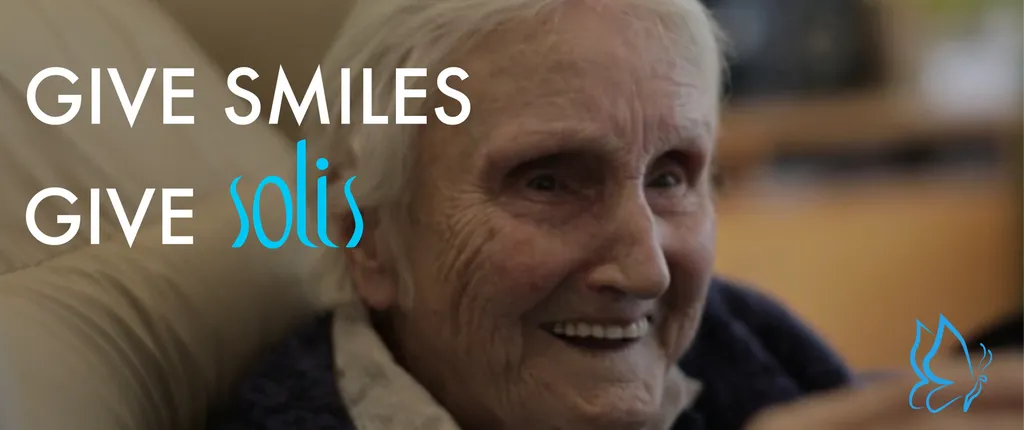Virtual and augmented reality are setting new standards in entertainment almost every day, but professional utilization of the technology has been quite impressive as well. We previously covered valuable lessons to learn about VR and AR in the healthcare and education industries. We’ve even seen hospitals swap out pigs for VR surgery training and seen VR help paraplegics to walk again. Solis VR is a project developed to help elderly residents of care facilities to explore the world in circumstances where they normally couldn’t. It was created by Build VR, an Australian interactive media agency. We spoke with their director Marc Pascal about the new project.
Since launch, Solis VR has expanded into 60 aged care facilities across Australia. Their first trial, 18 months ago, started with twelve elderly patients with some having dementia. “The results were tremendous, it brought energy to the room and had them engaging with one another about their life experiences,” says Pascal. “Some of the staff were brought to tears saying they’d never seen some of the residents react this way before. After some 300 demonstrations with residents, I truly believe VR is the future of aged care.”
Since the devices are mostly hands-free, they’re simple to use. Patients choose from a collection of scenes that span from a calming canoe ride atop a lake to rappelling down a cliff. Solis is bringing a degree of fun and entertainment to an otherwise dreary circumstance and, though naturally isolating because of the headset, Solis uses second-screen functionality so caretakers and family members can see what the patient sees in VR and engage accordingly.
Their program is looking to take take another significant step forward as they are in discussions with a large non-profit hospital in California about a 6-month trial. “We want to learn what works best for residents and patients,” Pascal says when discussing conversations with the hospital. “The journey on learning never ends, we want to keep pushing forward.”
Health care facilities can, via the website, rent Solis VR for 30 days to see if its a good fit for their patients. There’s also the Give Solis program where facilities can be nominated to receive Solis VR, test it for a couple weeks, and then send it on to the next facility that receives a nomination. The Give Solis initiative is a creative way to share the potential of the platform, and it ends on December 20th of this year.




























